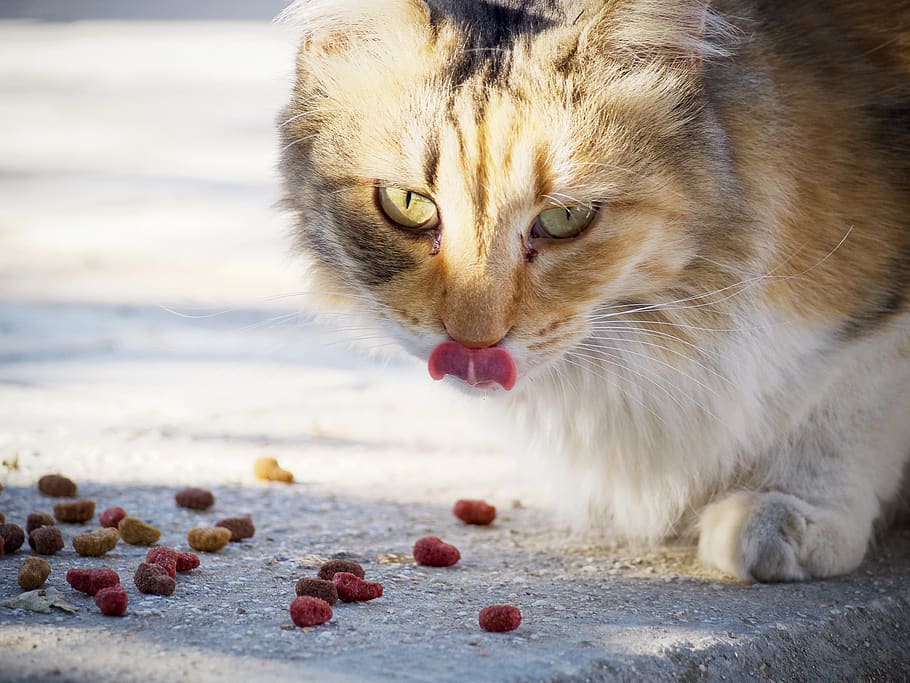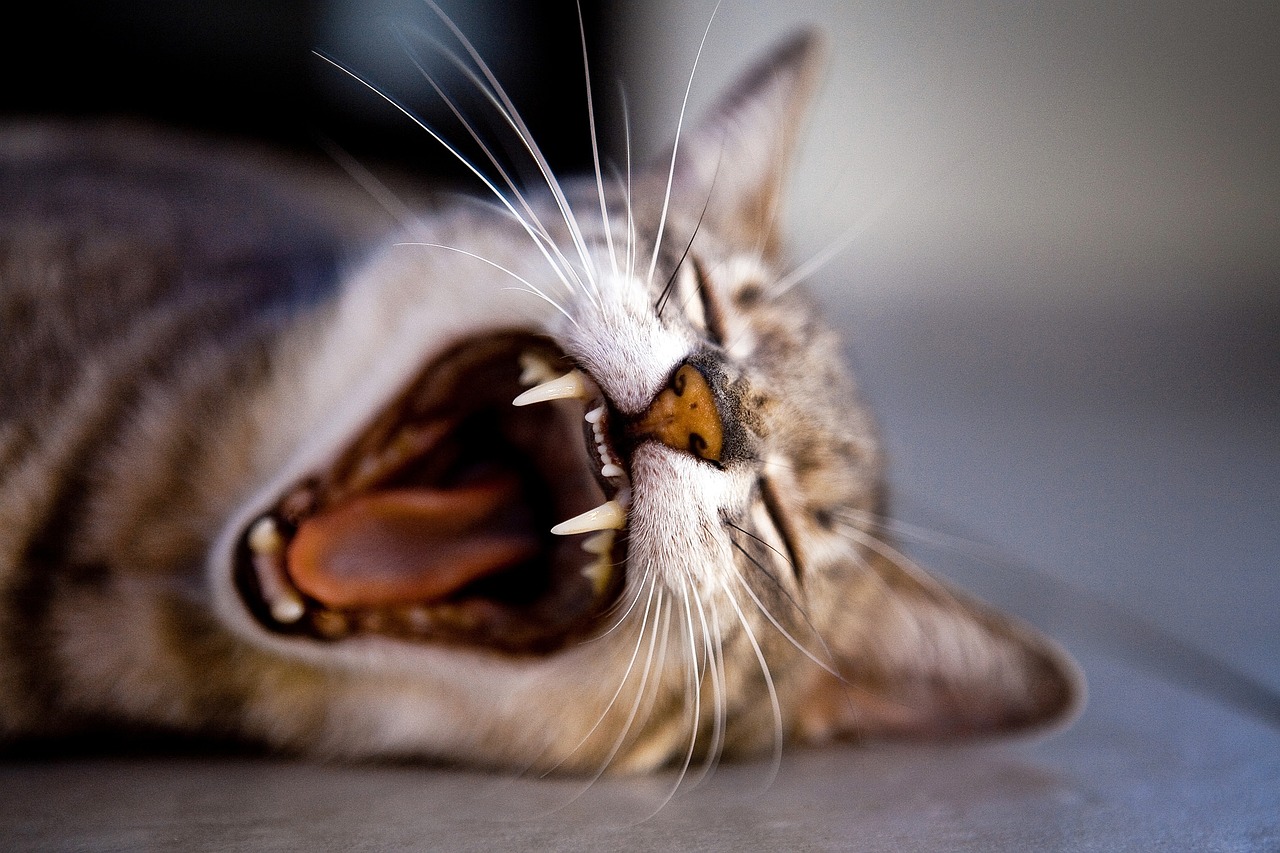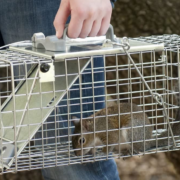Caring for senior cats requires special attention and love. It’s essential to provide them with a well-balanced diet that meets their specific needs, focusing on foods rich in high-quality protein and easy to digest. They also need regular grooming to maintain their coat and prevent any matting.
A cozy and comfortable environment makes them feel safe and comfortable. They need easy access to their litter box, food, and water. Be vigilant for any changes in behavior or appetite, as they could indicate underlying health concerns. In addition, they need affection and companionship, just like us. Let us explore some tips to take care of your senior cat.
1. Prioritize Regular Veterinary Check-ups
The foundation of optimal care for senior cats lies in regular veterinary check-ups. With age, cats become more susceptible to a range of health issues such as arthritis, dental problems, kidney disease, and hyperthyroidism. By scheduling routine visits to the veterinarian, you can detect potential health concerns early and provide prompt treatment. Additionally, your vet can offer tailored advice on nutrition, exercise, and other specific needs your senior cat may have.
2. A Balanced Diet for Optimal Health
Similar to humans, senior cats need a well-balanced and nutritious diet to maintain their overall health and vitality. Seeking guidance from your veterinarian is crucial in determining the appropriate diet for your cat’s age, weight, and any existing health conditions.
Senior cat foods are formulated to address the unique nutritional needs of older cats, including higher protein content, fewer calories, and supplements to support joint health. Cat Food Point has reviewed over 10 options for older cats that offer the right balance of protein, fat, calories and other nutrients. You can check the options and choose the one that best suits the nutritional requirements of your furry friend.
3. Manage Weight for Well-being
Maintaining a healthy weight is paramount to ensuring a high quality of life for senior cats. Obesity can lead to a range of health problems, impacting joint health, heart function, and overall well-being. Regularly monitoring your cat’s weight and seeking guidance from your veterinarian on portion control and suitable exercise can play a pivotal role in weight management.
4. Adapt the Environment for Enhanced Comfort

As cats age, they may experience reduced mobility and changes in vision. Making simple adjustments to their environment can greatly enhance their comfort and safety. Consider providing ramps or steps to help them access their favorite elevated spots, such as beds or couches. Ensure that litter boxes are easily accessible, with low sides for easy entry. Additionally, keeping pathways clear and minimizing clutter will prevent accidents and reduce the risk of injury.
5. Promote Adequate Exercise and Mental Stimulation
While senior cats may exhibit reduced energy levels, regular exercise remains important to maintain muscle tone, joint flexibility, and mental well-being. Engage your senior cat in play sessions using interactive toys that encourage gentle movement. Puzzle toys and treat-dispensing games can provide mental stimulation, keeping their minds sharp and active.
6. Care for Joints
Arthritis is a common ailment among senior cats, causing discomfort and reduced mobility. Alleviate joint pain by providing your cat with soft and cozy bedding. Consider investing in a heated bed or placing a heating pad underneath their bed to provide soothing warmth. Consult your veterinarian about supplements or medications that can support joint health and alleviate arthritis symptoms.
7. Dental Health Matters

Maintaining good oral health is crucial for cats at every stage of life, but it becomes even more important as they enter their senior years. Gum disease and tooth decay can bring discomfort, difficulty in eating, and even systemic health issues. To ensure dental well-being, establish a routine that includes regular teeth brushing using toothpaste designed for cats and schedule dental check-ups with your vet. Additionally, dental treats and toys can aid in promoting healthy oral hygiene.
8. Emotional Well-being
Senior cats thrive on love, attention, and companionship. Create a peaceful and stress-free environment by providing them with quiet spaces where they can retreat and relax. Spend quality time with your cat, engaging in gentle petting and interactive play. Consider adopting a younger cat as a companion, as this can provide social interaction and mental stimulation for your senior cat.
Conclusion
Taking care of a senior cat demands additional effort and attention, but the rewards are priceless.
Through regular veterinary care, a well-balanced diet, a secure and stimulating environment, and an abundance of affection, you can provide your senior feline companion with a comfortable and satisfying life during their golden years. Remember, our connection with our cats goes beyond age, and with proper care, we can help them thrive throughout their senior journey.










Comments